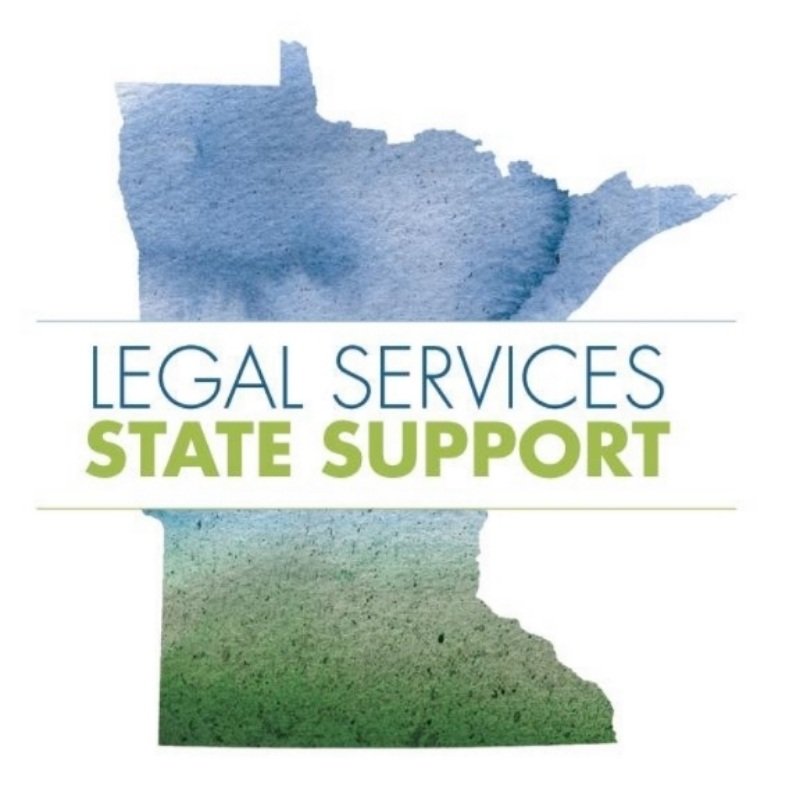Last summer, State Support began a monthly webinar series to share more about the work of legal services organizations statewide. The aim of the series is to foster connections and referrals between programs by taking a closer look at each program’s work.
On January 9, the series featured the Minnesota Asset Building Coalition (MABC), a statewide coalition of 140 nonprofit organizations whose mission is to create asset-building opportunities for low-income Minnesotans, reduce systemic barriers to economic mobility, and advance racial equity. Here are a few of the highlights from that conversation with Anna Odegaard, legislative advocate with MABC.
What is the idea behind the Minnesota Asset Building Coalition?
Minnesota has a very strong non-profit culture, with a lot of direct service providers working hand in hand with families who are struggling in their communities. They seldom have time to make it in to the capital in St. Paul to talk with their legislators.
The idea for the coalition was to build that connection between legislators and direct service providers and their clients. Those clients and providers have personal stories that can really help educate legislators about what it’s like to struggle for financial security.
What is the advocacy model?
It really focuses on working with the people on the ground. The way I talk about it when meeting with a client is that I’m a registered lobbyist, but legislators talk to us all day long. There is a whole different feeling in the room when a constituent from their part of the state shows up to talk about what’s happening at home.
How do you help prepare members to engage in the legislative process?
We provide training on the legislative process and help them understand what they’ll be doing. This helps us build a team to go to the capital and ask our legislators to get on board with us. We have member organizations in every legislative district in the State, which helps us have great connections to legislators.
How do you decide what issues to work on?
Because it’s our members who are doing the advocacy, all the issues are generated from our member organizations. Each year we survey the now 140 member organizations and work with a policy committee (of about 18 people) to prioritize issues. We look at the survey and make decisions based on what might be possible at the legislature and consider whether it’s a budget year, who else is working on the issue, etc., and then make an agenda that matches the coalition’s preferences. This usually means 3 or 4 issues that we will lead and campaign on, and 3 or 4 so-called Tier 2 issues that one of our member groups is leading. In that case, we help organize support but not lead.
Can you talk about a past success?
The Getting to Work bill was one of the first big initiatives we led, based on a survey of member organizations that identified transportation as a major issue. The bill focused on helping low-income workers with car repairs and/or donated vehicles. It was a good lesson, because it took 3 years to get it passed. We had to learn how to maintain momentum.
At one of our final hearings in the House Jobs Committee, someone with a member organization talked about why the bill was a priority for her organization, and then one of her clients, Jackie, came in. It’s interesting, when you bring in a person from the community – you can hear a pin drop, all the legislators are tuned in. Jackie is a mother and a grandmother, and she took the legislators through her day, laying out how critical it is to have a working vehicle.
What are you working on in 2020?
How do we stop driver’s license suspensions for issues that are not related to dangerous driving? A second issue is auto insurance affordability; more and more the industry uses socioeconomic factors to determine rates. You can find MABC’s 2020 Policy Agenda at our website, www.mnassetbuilding.org, and also download a printable handout.
How can people be involved?
We welcome stories from people who may want to share testimony, who have had a license suspended because of traffic ticket fines or fees and the consequences of that financial burden. There are different levels of engagement: we can coordinate to do a meeting with their legislator, maybe they want to write a letter, or just tell the story and give us permission to share it in our conversations with legislators. Or, perhaps someone is willing to speak to a legislative committee – there are lots of options. People can reach out to me, Anna at aodegaard@mnlsap.org or Sarah Miller at smiller@mnlsap.org.
For more on the MABC, listen to the entire recording of this interview through GoToWebinar. You will be asked to enter a name and e-mail address to access the recording.

